Welcome to Our Research Archive
Search and filter by content type, issue area, author, and keyword
- ✕ Clear Filter
- AI (1)
- Article (3)
- Articles (955)
- book (1)
- Climate (230)
- climate change (1)
- data dashboard (14)
- electricity (3)
- energy (237)
- Events (25)
- op-ed (2)
- Podcast (3)
- Post (2)
- Puerto Rico (1)
- Report (2)
- Reports (16)
- science (79)
- science funding (10)
- science trust (10)
- technology (527)
- testimony (1)
- Working paper (1)

August 2, 2024
Data Center Electricity Use III: Make or Buy?
The exponential growth of data centers, driven by the burgeoning demand for cloud services, AI computations, and big data analytics, has increased electricity consumption significantly. In the first two posts of this series, I discussed the increasing data center electricity use, its implications for the electric grid, and how those implications will differ over time…
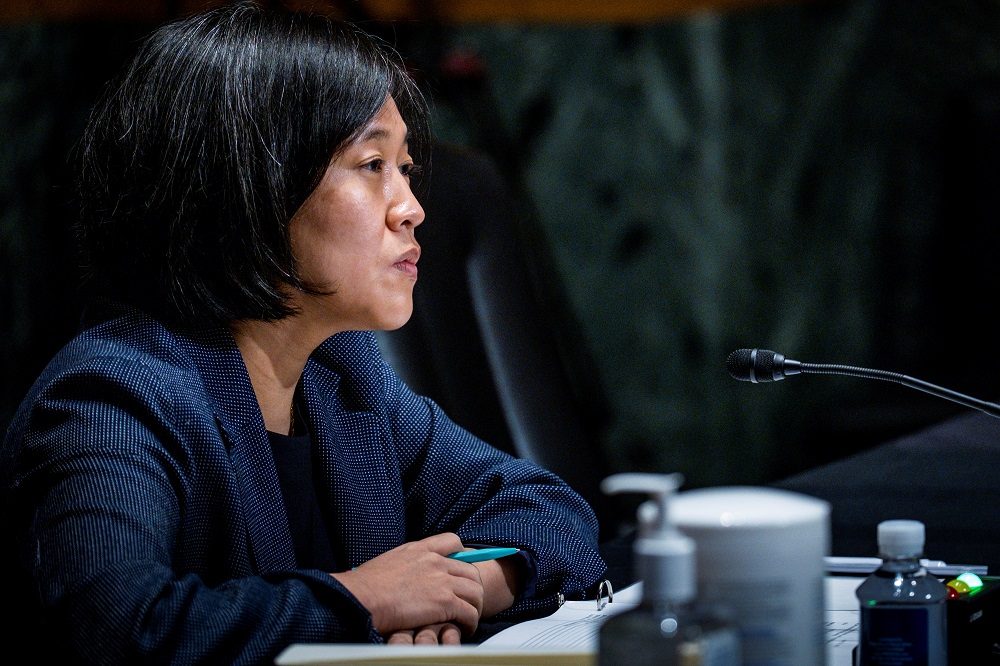
August 2, 2024
No, Debates over Artificial Intelligence Regulation Do Not Preclude Digital Trade Rules Negotiations
In her unceasing campaign to forestall new international rules for digital trade, US Trade Representative (USTR) Katherine Tai has seized upon a new rationale: the need to forge a new regime for artificial intelligence policy. In a webinar hosted by the left-leaning Center for Economic Policy Research, she amplified her animus against Big Tech, arguing…
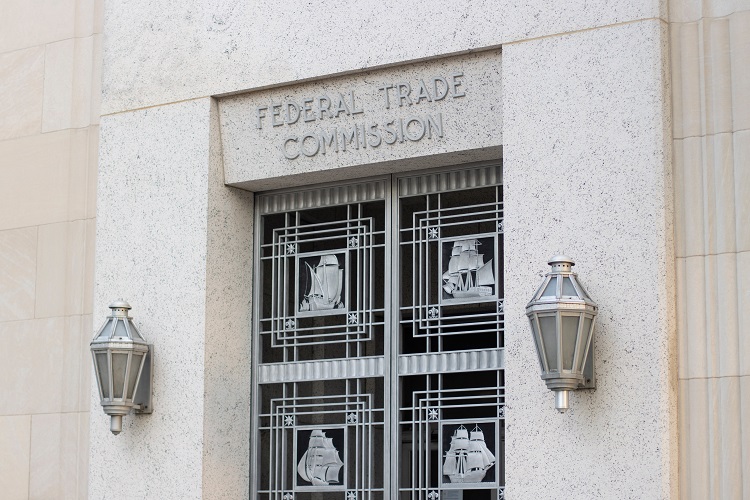
August 1, 2024
Lax Merger Enforcement Is a Myth
Sometimes a false narrative is repeated so often that people accept it as true. This has been the situation with mergers in the US, where numerous government officials, some academics, and others have accepted and repeated a narrative that merger oversight has grown weak since the 1980s, resulting in increased industry concentration and market power. Unfortunately, apparently no one thought…

July 31, 2024
Looking at Loper Bright More Broadly
Everything is right in my colleague Daniel Lyons’s recent post “Net Neutrality, and Other FCC Initiatives Jeopardized Post-Chevron,” covering practical upshots of the Chevron doctrine’s end at the Federal Communications Commission (FCC). A single turn of phrase he uses inspires me to wax theoretical about just how important the Supreme Court’s Loper Bright Enterprises v. Raimondo decision is. Along with…
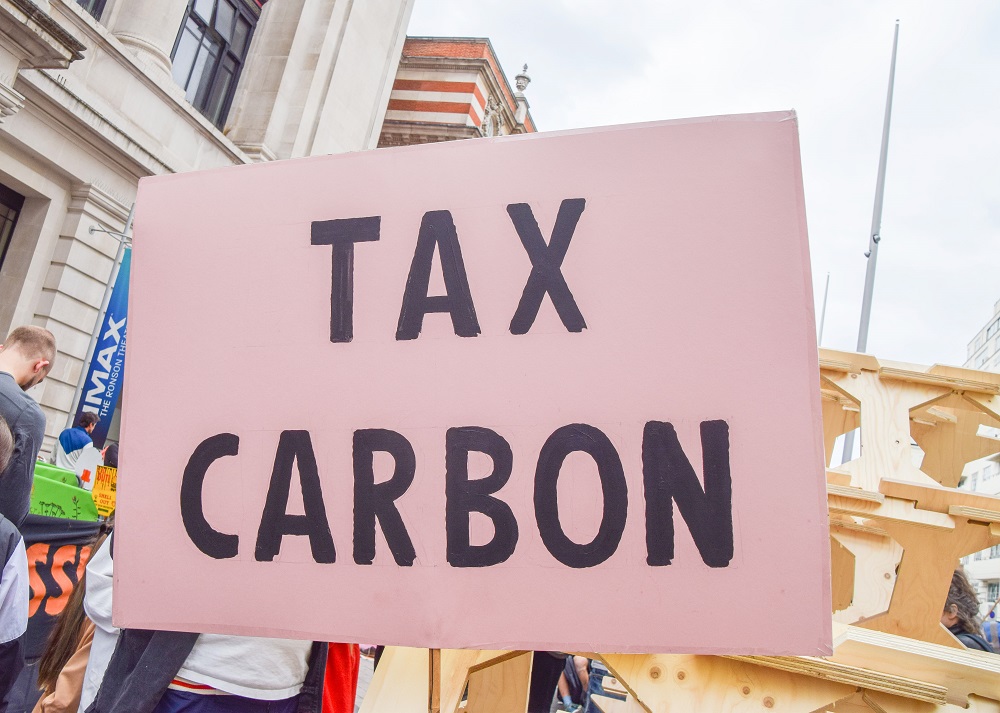
July 30, 2024
Observations on the Pomerleaus’ New Argument for a Carbon Tax
Summary My colleagues Kyle Pomerleau and Shuting Pomerleau propose a “carbon”(greenhouse gas emissions) tax as a fiscal tool with which to finance an extension of theindividual income tax reductions implemented in the 2017 Tax Cuts and Jobs Act. Theyargue that such a tax would improve aggregate economic efficiency, in particular byreducing the purported negative externalities…
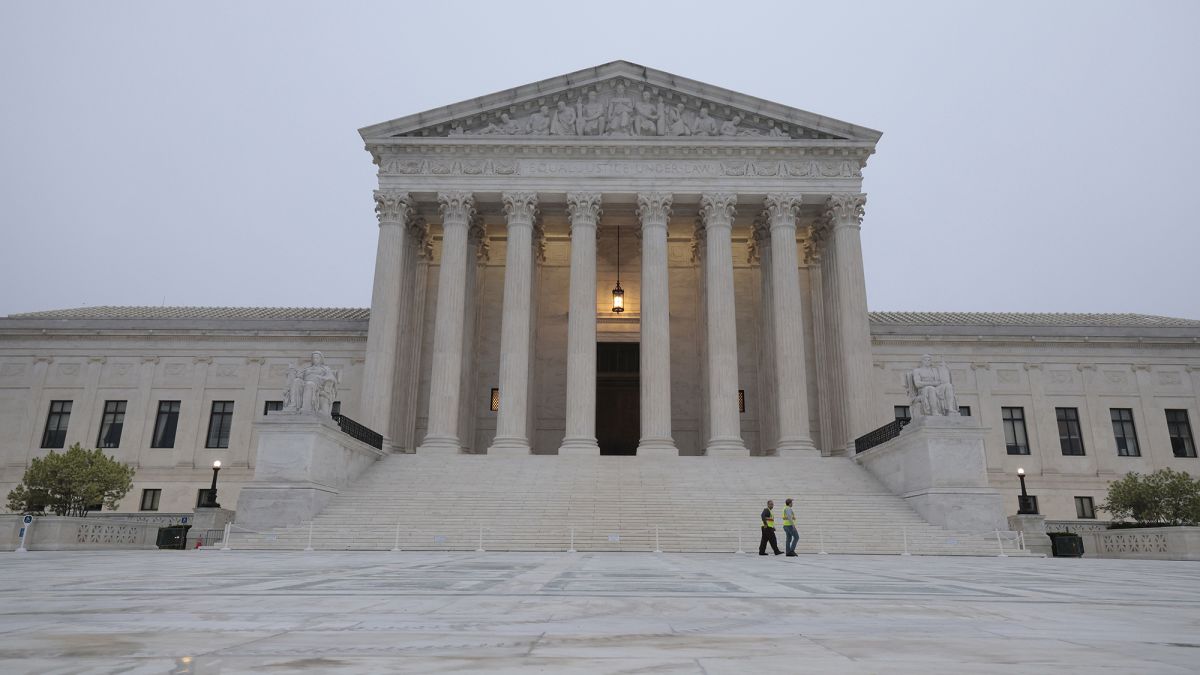
July 30, 2024
The Right to Listen: Wrongly Rejected in Murthy v. Missouri?
The US Supreme Court this year ruled on three cases—Lindke v. Freed, Murthy v. Missouri, and Moody v. NetChoice—affecting social media platforms and the First Amendment’sguarantee of free expression. While prior posts encapsulated the decisions in Lindke, Murthy, and Moody, this one and others will dive deeper into significant aspects of the opinions I’ve not addressed. The Court’s rejection in Murthy of claims by states and individuals…

July 29, 2024
James C. Scott, Legibility, and the Omnipresence of Tech
Last week, political scientist James C. Scott passed away. Scott’s 1998 book, Seeing Like a State: How Certain Schemes to Improve the Human Condition Have Failed, easily ranks near the top of my most influential books, right alongside Michael Billig’s Thinking and Arguing, Deirdre McCloskey’s If You’re So Smart, and Virginia Postrel’s The Future and Its Enemies. Scott’s primary research…

July 29, 2024
It’s All About the Base(line)
This is Part 5 in the THB series — Climate Fueled Extreme Weather. You can find Part 1 here, Part 2 here, Part 3 here, and Part 4 here. Each can be read on their own, but I encourage you to start from the beginning as each installment draws on the ones before. If you have made it this…
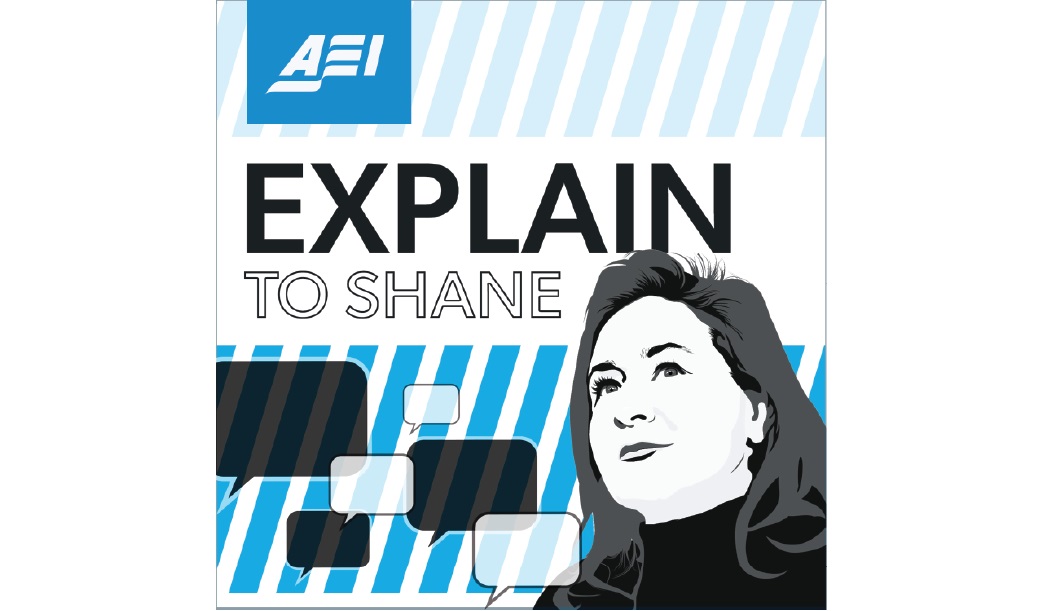
July 25, 2024
Renewing the Partnership Between Government and Entrepreneurs (with Arun Gupta)
Our government grapples with challenges that demand quick solutions and decisive action. However, the government’s structure often lacks the necessary incentives to drive innovation. This is where Arun Gupta comes in, emphasizing the importance of a renewed partnership between government and entrepreneurs to tackle major societal issues. Arun coauthored Venture Meets Mission: Aligning People, Purpose, and Profit to…

July 25, 2024
Why Climate Misinformation Persists
In 2001, I participated in a roundtable discussion hosted at the headquarters of the National Academy of Sciences (NAS) with a group of U.S. Senators, the Secretary of Treasury, and about a half-dozen other researchers. The event was organized by Idaho Senator Larry Craig (R-ID) following the release of a short NAS report on climate to help…